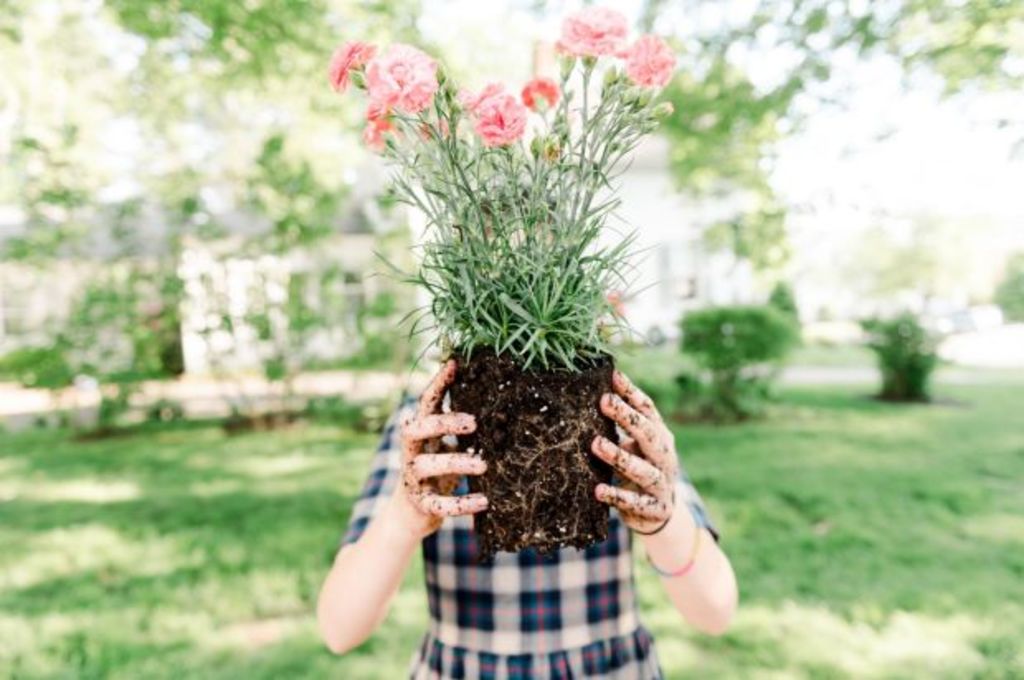Are housewarming gifts essential? An etiquette expert lays out the rules

As social occasions go, housewarming parties are not the most in-demand events on the social calender. And unlike their glittery siblings, weddings, engagements and baby showers, it can be unclear what the appropriate etiquette for a housewarming gift actually is.
Do you buy one at all? How much money should you spend? Should you offer cash instead?
According to etiquette expert Anna Musson of Good Manners, the history and protocol of housewarming gifts is more simple and straightforward than it seems.
“It’s the little displays of thoughtfulness that have the biggest impact. Bringing a gesture to acknowledge the new house is a way of saying, ‘I see you’ve moved, your new home is lovely, I hope this adds to the moment’.
“The idea of a gift (versus a text or cash) is that the recipient thinks of you when they look at it.”
If this discussion appears frivolous, consider this: Many Australians are spending over a third of their wage every month on housing. According to data from Finder, in 2016 people in Sydney spent an average of 39.2 per cent of their incomes on the mortgage, while people in Melbourne spent an average of 32.1 per cent.
When it came to rent, Finder found renting a house in Sydney or Melbourne cost 37.9 per cent and 30.7 per cent of the average wage respectively.
In short: Housing of any kind isn’t cheap, so who’s to begrudge anyone for wanting to celebrate a new postcode?
- Related: The origin of real estate terms
- Related: Living alone is actually better for you
- Related: Is your electric blanket safe to use?
With this in mind, Musson advises that a housewarming gift should “add to the home”.
“Consider flowers, candles, a photo frame (with a picture of them, or you and them) a good old-fashioned bottle of wine, or if the budget permits, French champagne.
“When it comes to flowers, if they are having a party, choose boxed flowers so the host doesn’t have to run around looking for a vase while finding you a drink and taking your coat. If the budget permits, consider planted orchids. If you know your friend loves candles, choose the best quality your budget can afford.
“Other gifts to consider could include something from your or their homeland, such as a cheese platter made from Tasmanian wood, a barbecue apron from their sports team or something you know they would love. Remember home-made items like biscuits, or fudge, or jam are a thoughtful gift.”
Musson says that because housewarming gifts are unlike those for birthdays and weddings – in that they serve a more practical purpose. And it is far more appropriate to pick something out rather than bundle some cash.
“As with a wedding gift, the idea is to bless the home with your gift, so it’s neither appropriate to create a gift registry, nor to offer cash in lieu of a gift,” Musson says.
“However, unlike weddings and anniversaries, gag gifts for the right recipient can be hilarious. Best kept for very good friends who appreciate your humour.”
Housewarming gifts don’t have to be expensive, Musson adds, with cards often the simplest way to convey your best wishes.
“To show extra thoughtfulness, consider making your card, or at the very least, buy a funny card and include it with your gift.”
We recommend
We thought you might like
States
Capital Cities
Capital Cities - Rentals
Popular Areas
Allhomes
More







